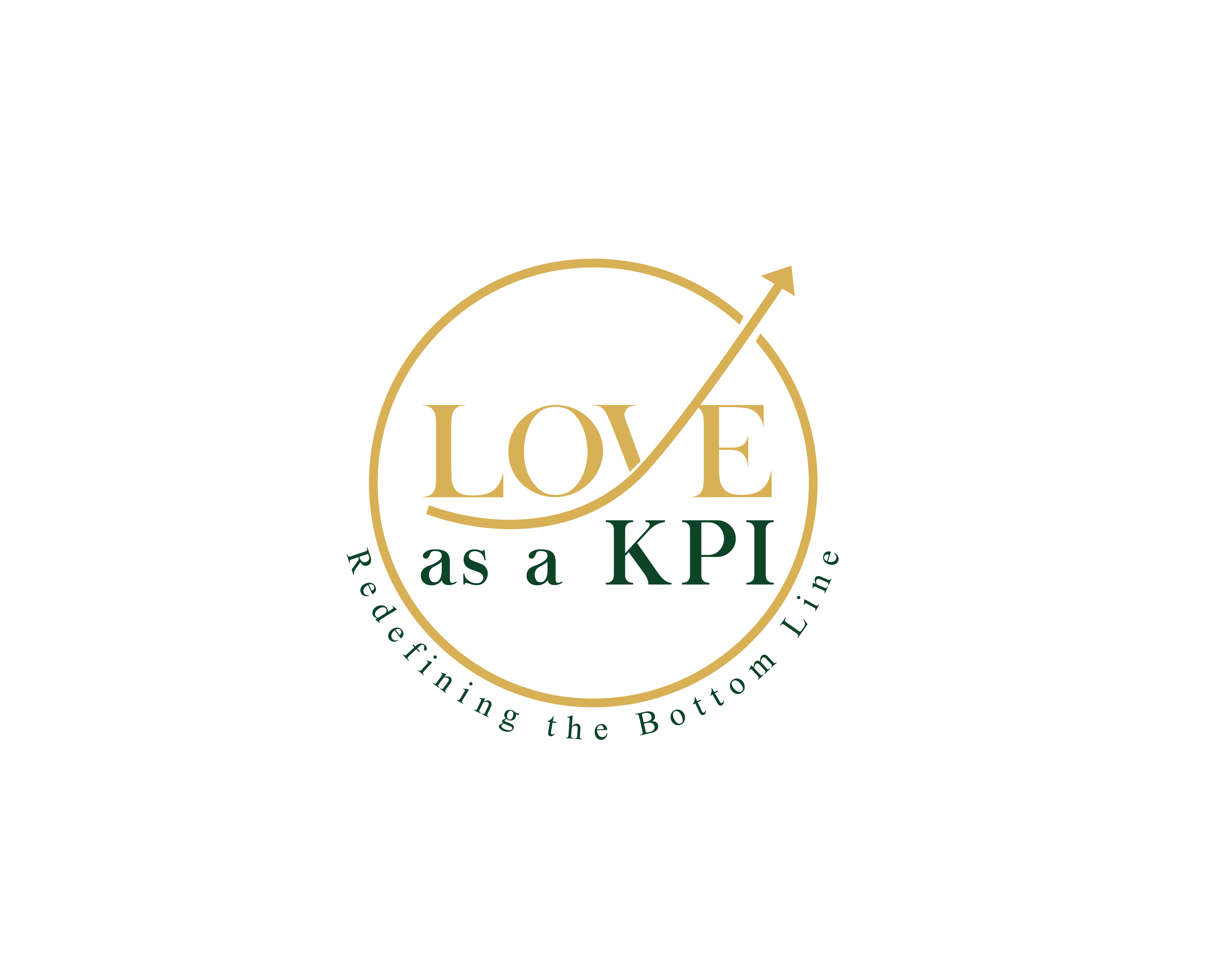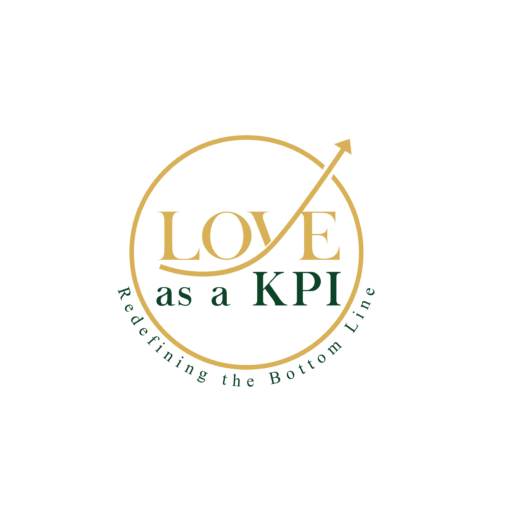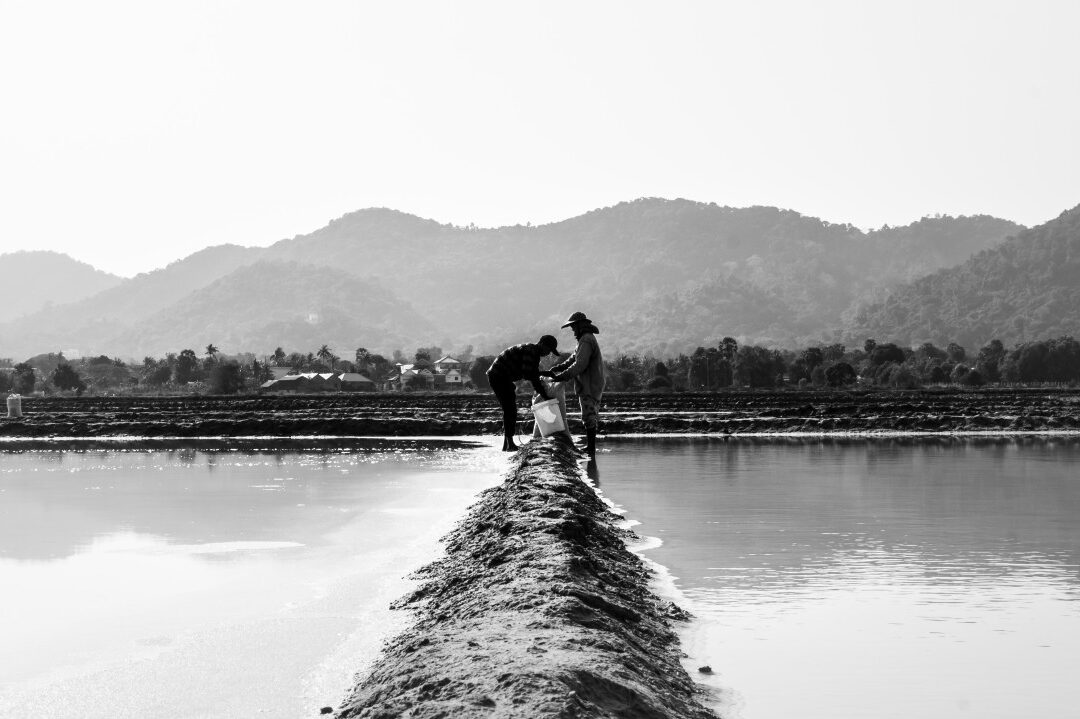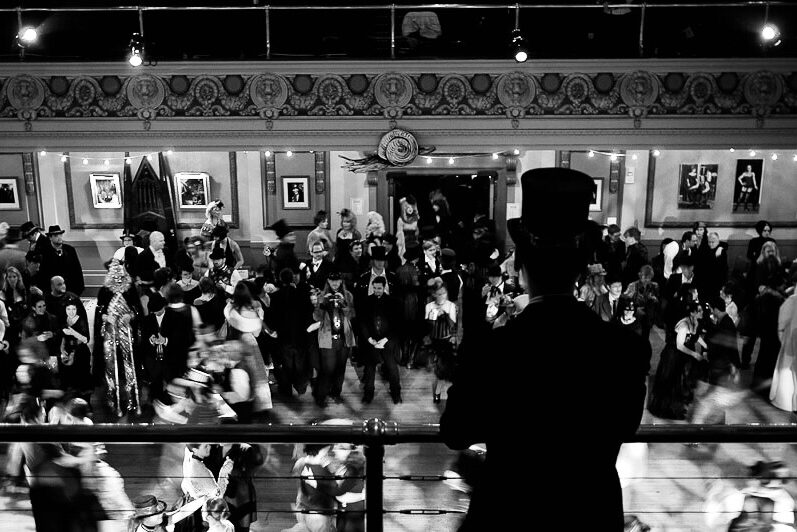
The Grand Scheme + The Last Mile.
I recently caught up with a friend and sparring partner after many months; our discussion went through the natural evolution of conversations of the age – from general pleasantries to banter to the deep end – a range of topics pertaining to life and subsequently the dialogue eased into the ideology of LOVE as a KPI, and she all of a sudden asked a question I have observed my answer to, for many years.
“Love does not mean the same thing to everyone - how is this premise implemented practically? Not everyone experiences being loved in the same way.”
This is of course, the truth.
With any topic germane to our humanity, one size will not fit all… and yet, there are certain principles that are indeed broadly applicable.
For example, we have empirical evidence, anecdotal evidence and perhaps most evocative (but somehow often understated) – our own lived experiences – that all point to the same thing: everyone wants to be appreciated. Everyone wants to be valued. Everyone wants to be acknowledged. Everyone wants to be seen. Everyone wants to be loved.
However, the specific expression of love that would resonate and is potent enough to completely change life’s trajectory for one person at any a given time could be quite different from what would be required for another.
I recalled this very same conversation as I reflected on the significance of Women’s History Month, particularly when I think about what Embracing Equity pragmatically requires in the workplace.
- Premise
Any organization filled with women who are engaged, empowered and who truly(cognitively) believe that their presence in that organization is valued, is better off – operationally, strategically, financially culturally and otherwise. This is not merely personal opinion – we have empirical, anecdotal evidence and for many, lived experiences that demonstrate this.
In the very same vein in which no two people may experience being loved in the exact same way, the necessary ingredients for engagement and empowerment of each woman may differ. Women are diverse in presentation, preferences, disposition, strength… on every dimension. There are no monolithic experiences for womanhood.
However, there will be broadly applicable principles that are necessary to even create the possibility of equity.
As is true when it comes to applying ‘Love as a KPI’ in an organization, when it comes to what it means to pragmatically create equitable environments for women to thrive in, I believe there is both a ‘‘Grand Scheme of Things’ consideration, as well as a ‘Last Mile’ consideration.
- In the Grand Scheme
Whether it be the law that governs a nation or the policies that shape organizations – statutes purposed to protect and support the physical, mental, emotional, intellectual and economic development and advancement of women are necessary.
They are not a performative box to check. Neither are they a panacea. But they are necessary.
They should, of course be consistently evaluated to ensure they are fit to purpose – and that they are indeed addressing real needs; I believe it really is necessary that organizations create policies, set goals, develop operating procedures and employ initiatives that shift ‘norms’ towards the outcomes they want for women (and any underrepresented population).
We must create contexts and intentionally design environments that shift paradigms and yield behaviors that enable everyone to not just ‘get by’ but thrive.
Because each individual’s thrivingis literally of benefit to the whole.
- The Last Mile
But there is also a last mile.
In Shipping and Logistics, the ‘last mile’ is the final step of the process in getting a product to its singular destination.
“While last mile delivery is the most expensive and time-consuming part of the shipping process, it is instrumental as it is the key to customer’s overall satisfaction (source)
Equity is contextual. What each person needs to experience equity may vary from others – in fact, for any individual, what is needed may vary per time.
There is an essential role statutes and policies play in enabling equity for women (or for any individual or segment societal constructs put at a perennial disadvantage), but these things may not suffice in getting to the heart of every situation. It is usually the less convenient, more time-consuming option, but there are moments where our humanity – our capacity to LOVE another, is what will make the pivotal difference. Love is what paves the last mile.
My definition of Love is simply this:
Love is the outcome of the perspective, posture and practice that prioritizes the true needs and betterment of another.
The last mile is most often evident in a single individual’s action at the moment where it’s needed. It could, for example, be saying someone’s name in a meeting to validate them, speaking up for a person when they aren’t present or able to speak up for themselves or taking a chance on a person you see potential in, even in the face of facts that might tell a different story … or infinite other permutations. We all have examples of when others walked that last mile for us.
- Who told you that?
I believe many outcomes are a derivative of our perception – how we see people and how we see ourselves.
So I would be remiss if I didn’t offer (first of all myself) prompts for reflection. What life experiences inform how we perceive women? What early experiences do our judgements (good, bad or indifferent) reinforce today? What do we need to unlearn? Where do our paradigms on what a woman should be or do come from? How do they help and how do they harm?
We all walk around with perceptions and perspectives that have come from… somewhere. There’s another side to the phrase ‘bring yourself to work’.
It’s ourselves we bring to how we lead, it’s our perceptions we bring to how we design and deliver products and services, It’s ourselves we bring to how we communicate with others.
I believe a commitment to inclusion – and the will always start from the hashtag#insideout.
True parity for women (and any under-represented group) fully needs ‘grand scheme’ laws, goals and policies. And where that road ends, the ‘last mile’ must kick in – our individual ability to do the pertinent good on behalf of others. And that can only be sustained by an ongoing shift towards a perspective, posture and practice that is fully focused on the betterment of ‘other’– this thing, called Love.




